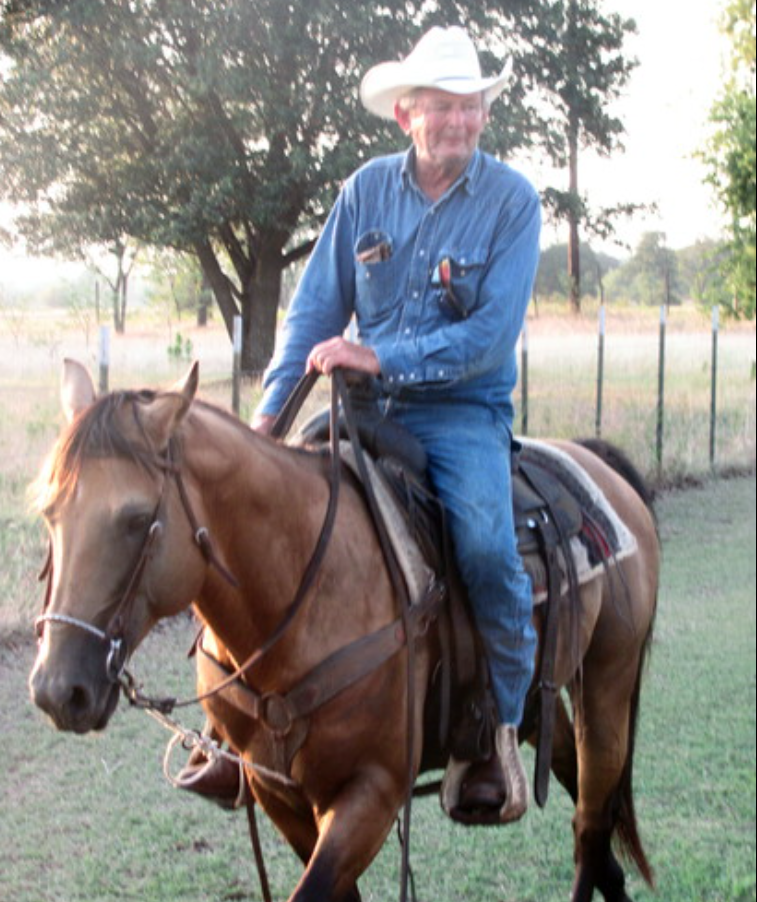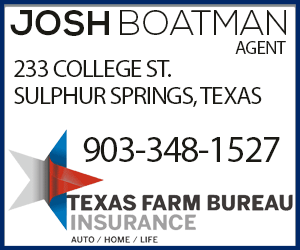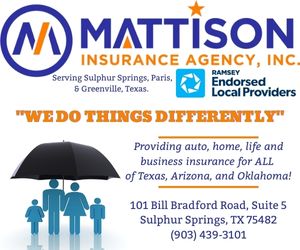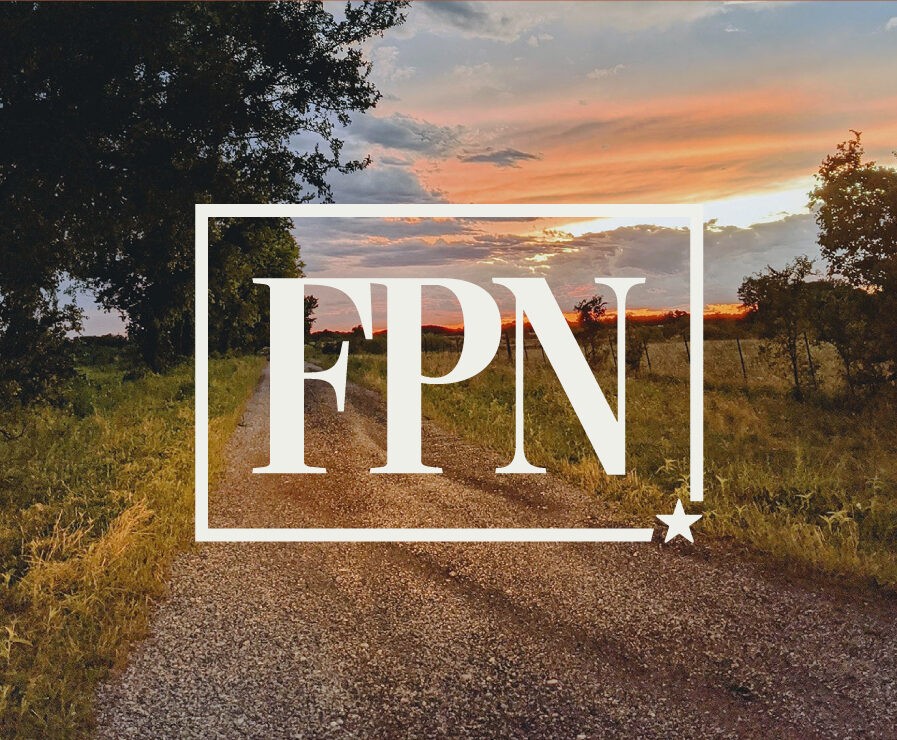Texas Exempts Places of Religious Worship from Private Security Requirements by John Litzler
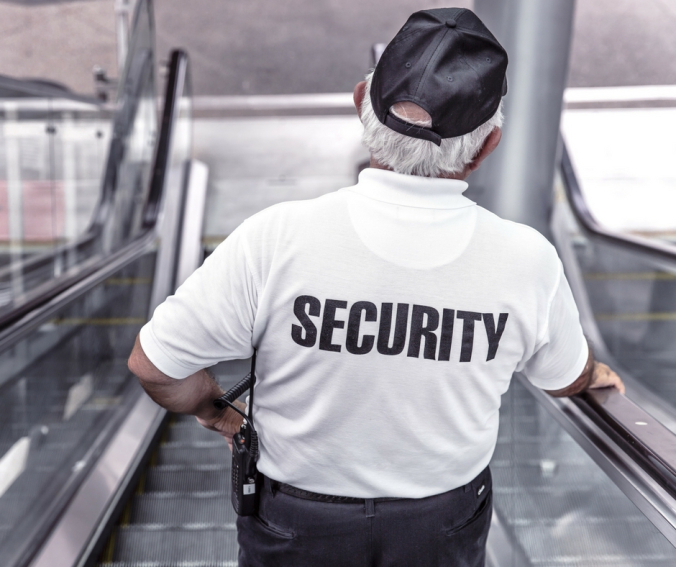
[adning id=”33097″]
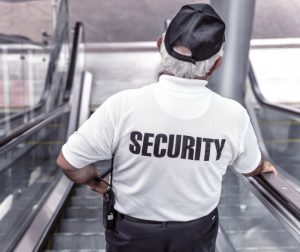
Beginning September 1, 2017, individuals providing volunteer security services for churches and other houses of worship will be exempt from the chapter of the Texas Occupations Code that regulates private security. Chapter 1702 of the Texas Occupations Code regulates the profession of private security (security officers, bodyguards, guard dog companies, etc.) by requiring certain training, licensing, and registration. The new section of Chapter 1702 states the, “chapter does not apply to a person who is providing volunteer security services on the premises of a church, synagogue, or other established place of religious worship.”
The change was part of Senate Bill 2065, a catch-all bill, signed by both the House and Senate on the last day of the regular session in May. Senate Bill 2065 makes changes to regulations for a variety of professions from barbers and cosmetologists to tow truck companies. It was signed by Governor Greg Abbott on June 15th and will take effect September 1.
Individuals claiming exemption from private security regulation must meet two requirements. First, the person must be a volunteer. Volunteer security services are services provided without compensation or remuneration. This means that churches should not give “thank you” gifts to those providing the security services. Such gifts could be interpreted as compensation or remuneration for the security services the person provides the church. Although it is unlikely that the person would lose status as a volunteer for receiving an inexpensive gift, it is an unnecessary risk. Churches can show their appreciation for volunteers by other, often better, means. Any person providing volunteer security services should politely decline any gifts that could be considered compensation or remuneration. If a person is not a volunteer then that person is subject to the licensing and training requirements described in Chapter 1702.
Second, to be exempt as a provider of volunteer security services the individual must not wear a uniform or badge that contains the word “security” or “gives the appearance of being a peace officer, personal protection officer, or security officer” while providing the services. Wearing this type of clothing or badge implies that the person has undergone the training required of private security under Chapter 1702.
Potential Liability for Churches Continues
Just because an action isn’t illegal doesn’t mean it is wise. It also doesn’t mean that there aren’t risks associated with the action. For example, it may not be illegal for me to sit on my porch and flick a lit match into the yard, but if it catches my neighbor’s house on fire, I will be responsible.
It is understandable why many churches sought an exemption from the Texas Occupations Code restrictions for private security. The financial burden of complying with the regulations can be cost prohibitive for many smaller congregations. The cost of allowing untrained volunteers to provide church security, however, can prove far greater.
If an individual providing volunteer security services on behalf of a church is negligent in the course of his/her security duties, the church may be liable. If, for example, a volunteer security provider shot at a trespasser in the middle of a worship service and hit a congregant bystander, the decision to shoot in that circumstance could be considered negligent. The liability in this situation could be shared by the trespasser, the security person who should never have shot under those circumstances, AND the church that authorized the untrained security person. If there were a trial on the matter, an expert who trains private security would testify that no reasonable person who had undergone proper training would have thought it was safe to shoot in that situation.
When a church creates a security team, the church is implying, if not outright stating, that those serving on the team are fit to serve. For this reason, churches should be cautious when authorizing the security team to carry firearms. At a minimum, churches should require that anyone carrying a firearm on the security team be a license to carry (LTC) holder. Even still, it can be difficult for a church to know whether someone is fit to serve as private security.
Because of the increase in church liability, any church considering authorizing church members to carry firearms as part of a role on a security team should contact the church’s insurance company. The insurance will likely have requirements the church must follow for the policy to remain valid. The premiums for the insurance policy will likely go up to reflect the added risk. Failure to notify the insurance company prior to making the change with the security team could result in the termination of the church’s insurance policy.
Alternatives to Private Security Exemption
Although churches are exempt from the requirements of Chapter 1702, there are alternatives to creating a security team of untrained church members:
- Train the security team anyway: It’s not a legal requirement, but it is wise. Security team members should receive training in active shooter situations and other areas not covered in a regular LTC course
- Hire off-duty police officers to serve as security: Peace officers are always allowed to carry their fire arms, even if they are off-duty or in a gun free zone. If a church has the financial means to hire an off-duty officer it can be a blessing to the officer, a public servant, while building strong relationships between the church and local law enforcement.
- Don’t allow the security team to carry firearms: Some churches choose to have their security members operate without carrying a firearm. The security team’s presence can be a deterrent as they patrol the parking lot and other areas even if the team is unarmed. Additionally, unarmed security teams can wear clothing designating them as “security” because without a firearm, the regulations of Chapter 1702 don’t apply.
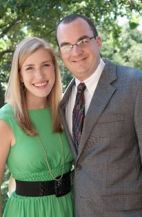
John Litzler directs the Church Law division of Christian Unity Ministries in San Antonio. He is a graduate of the University of Texas and Baylor Law school. He is a member of the SSHS class of 2004.
[adning id=”33207″]
[adning id=”33207″]




